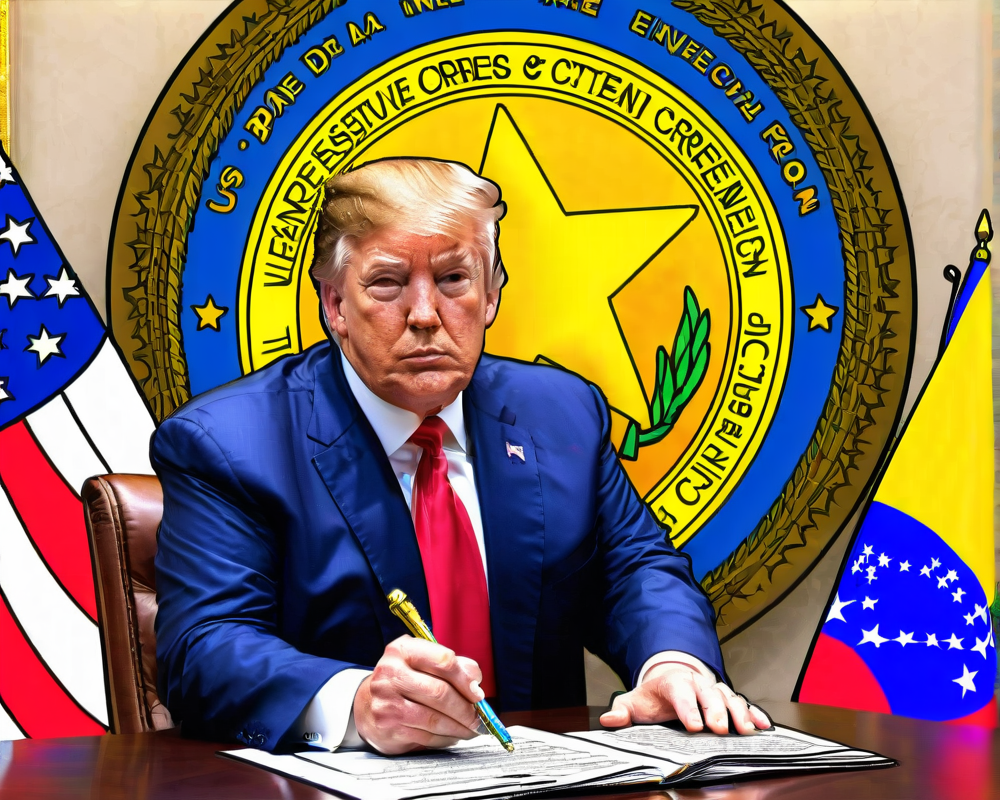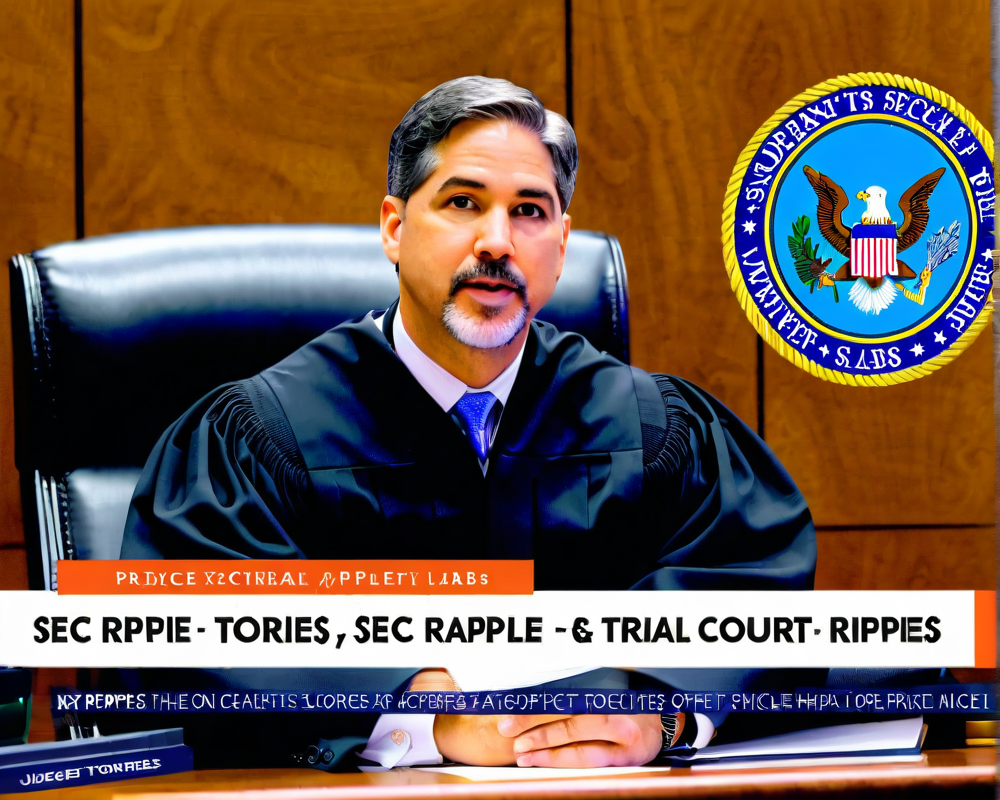Executive Move Against Petro
In a bold stroke on March 19, President Donald Trump issued an executive order banning the Venezuelan government-backed cryptocurrency, the Petro. This potent digital currency, linked to Venezuela’s vast oil reserves, was a key part of President Nicolas Maduro’s strategy to boost the nation’s failing economy. However, the ban aims to tighten the noose around Maduro’s government, further isolating it from the international financial community.
Impact on Citizens and Foreign Currency Reserves
The executive order not only restricts U.S. citizens from engaging with the Petro but has also left Venezuelan citizens bobbing in a sea of frustration. Despite the Petro being designed for transactions in US dollars and euros, Venezuelans are effectively barred from any foreign currency dealings due to existing national regulations. It seems the cunning strategy of Maduro’s administration has hit quite the snag.
Enforcement and Sanctions
This order empowers U.S. Treasury Secretary Steven Mnuchin to roll out regulations to enforce the ban, emphasizing the administration’s focus on sanctions. Earlier in the year, the Treasury Department sanctioned four Venezuelan officials as part of the ongoing campaign against the regime. Mnuchin didn’t mince words, stating, “President Maduro decimated the Venezuelan economy and spurred a humanitarian crisis. Instead of correcting course, the Maduro regime is attempting to circumvent sanctions through the Petro digital currency.”
A Cautionary Tale for Investors
The U.S. Treasury even went as far as warning investors to steer clear of the Petro, labeling it an attempt to skirt existing sanctions while draining resources from the struggling Venezuelan populace. With this kind of tag hanging over it, it’s no wonder the Petro has struggled to gain traction.
Global Reception and International Interest
The legitimacy of the Petro is already on shaky ground, with reports indicating that potential interest from nations like Poland has evaporated faster than you can say “cryptocurrency crash.” After Venezuela claimed that Poland was interested in trading food and medicine for the Petro, that assertion was swiftly quashed by Polish officials. Meanwhile, the world watches with a mixture of horror and fascination as other nations, such as Cambodia, seem to take a page from Venezuela’s playbook with their own digital currency pursuits.




